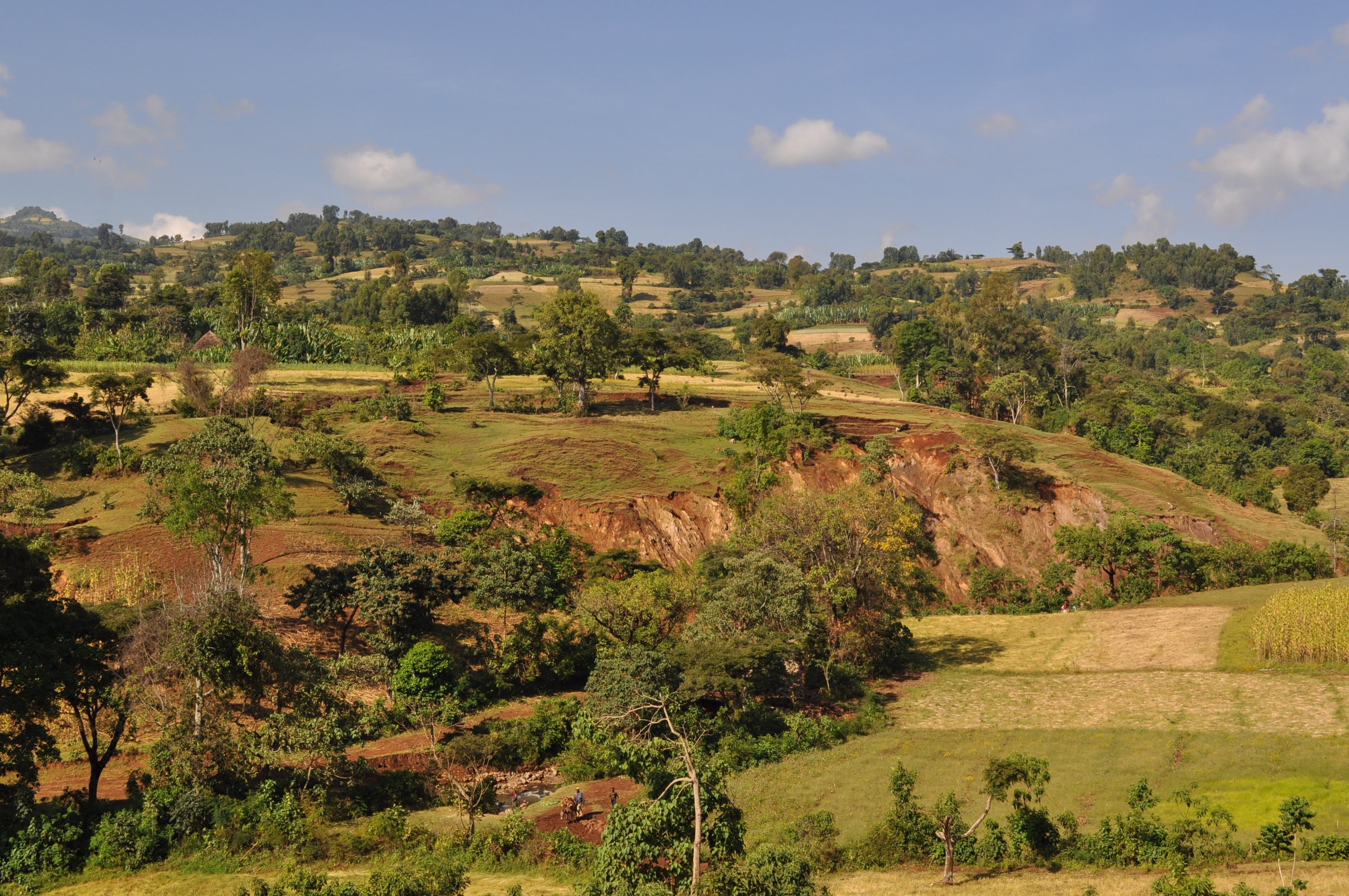Marie Skłodowska-Curie Action RISE IMIXSED
H2020 MSCA RISE
Title:
Integrating isotopic techniques with Bayesian modelling for improved assessment and management of global sedimentation problems
Duration:
July 1, 2015 – June 30, 2017
Partners (7):
- Plymouth University, Prof. Will Blake, UK
- Ghent University, Prof. Pascal Boeckx, Belgium
- Consejo Superior de Investigaciones Cientificas, Dr. Ana Navas, Spain
- Jimma University, Dr. Amsalu Nebiyu, Ethiopia
- Nelson Mandela African Institute of Science and Technology, Dr. Linus Munishi, Tanzania
- Scripps Institution of Oceanography, Prof. Brice Semmens, USA
Coordinator:
Professor Will Blake
School of Geography, Earth and Environmental Sciences
Drake Circus
Plymouth
PL4 8AA +44 1752 585969 william.blake@plymouth.ac.uk
IMIXSED has as aim:
To marry together the strengths of isotopic and biogeochemical sediment tracer technology in the EU with new developments in ecological source apportionment models led by US scientists, to deliver a powerful sediment source apportionment toolkit to combat threats to global food and water security from soil erosion and siltation;
To demonstrate the capability of the integrated IMIXSED approach to deliver EU development policy goals in two demonstration catchments (one in Ethiopia and the other in Tanzania) where food, water and energy security is threatened by siltation of hydropower reservoirs.
Objectives
These are the two principal objectives of IMIXSED:
In the first objective, the project will bring new modeling technology developed by US scientists to the EU, to be embedded in the practice of EU sediment tracing specialists; this is termed the IMIXSED approach;
The other direction the program will work is to train developing nations’ scientists (second objective) in the use of IMIXSED technology, through secondment to EU sediment tracing center of excellence. This activity will help build global capacity in sediment tracing tools and will show how the IMIXSED approach can be used to combat food, water and energy security in demonstration catchments where agriculture is leading to siltation of reservoirs.
Role of Ghent University
Ghent University is responsible for implementation of compound specific stable isotope tool (sampling, analyses, data interpretation and mixSIAR modeling) as an erosion bio-tracer and to coordinate implementation of a field demonstration site in the Gilgel Gibe catchment in Ethiopia and near Lake Manjara in Tanzania.
Contact
Prof. Pascal Boeckx
Department of Applied Analytical and Physical Chemistry
Isotope Bioscience Laboratory
Phone number: +32 9264 60 00
E-mail: pascal.boeckx@ugent.be
